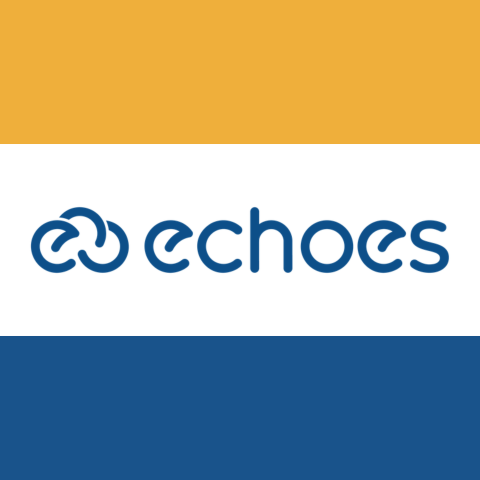CLARIN is pleased to announce its participation in the newly launched ECHOES project. Funded under the Horizon Europe programme, ECHOES (European Cloud for Heritage OpEn Science), is an extensive consortium comprising 51 European partners bringing together fragmented communities of the Cultural Heritage (CH) field. The project will run for five years, from June 2024 to June 2029.

ECHOES aims to create the ECCCH (European Collaborative Cloud for Cultural Heritage) as a shared platform for heritage professionals and researchers to access data, innovative scientific and training resources and advanced digital tools co-developed by the heritage community according to their specific needs. As such, ECHOES promotes a holistic approach to digital transformation, encouraging the co-construction of knowledge in collaboration with museums, libraries, archives, as well as artificial intelligence (AI).
The consortium is led by the CNRS, and includes the CNR (National Research Council of Italy), the FSP (Fondation des Sciences du Patrimoine), and main infrastructures and heritage umbrella organisations, such as ARIADNE-RI AISBL, CLARIN ERIC, DARIAH ERIC, Europeana, NEMO, E-RIHS, JPI CH, and ARCHE.
CLARIN will be active in multiple ECHOES working packages, involving both technical and user-training competencies. Specifically, CLARIN is tasked with establishing a community surrounding the cloud as part of ‘WP4: Building a New Community’. By connecting relevant professionals and determining their needs, CLARIN will be able to establish common activities and promote interdisciplinary approaches.
Additionally, as part of ‘WP5: Capacity Building and Training’, CLARIN will contribute to the development of knowledge, skills, and practices in data sharing and data reuse. This will be done by identifying capacity-building needs and gaps in existing resources, developing and maintaining the ECHOES Curriculum, and monitoring learning systems in collaboration with other ECHOES partners.
CLARIN will also contribute to ‘WP6: Setting the Cloud Environment’, which involves the set-up and delivery of the Cultural Heritage Cloud infrastructure of applications and data, in line with the requirements of user communities CLARIN’s work will not only concern the architecture of the cultural heritage cloud and the required IT infrastructure, but also data integration, interlinking and aggregation needed as part of the framework, and actively monitoring and offering expedite technical support.
Finally, CLARIN will be involved in the definition, implementation, and deployment of vertical applications (VA), and the visualisation of such applications according to digital humanities methods as part of ‘WP8: Vertical Application’.
For more information, visit the ECHOES Consortium page.